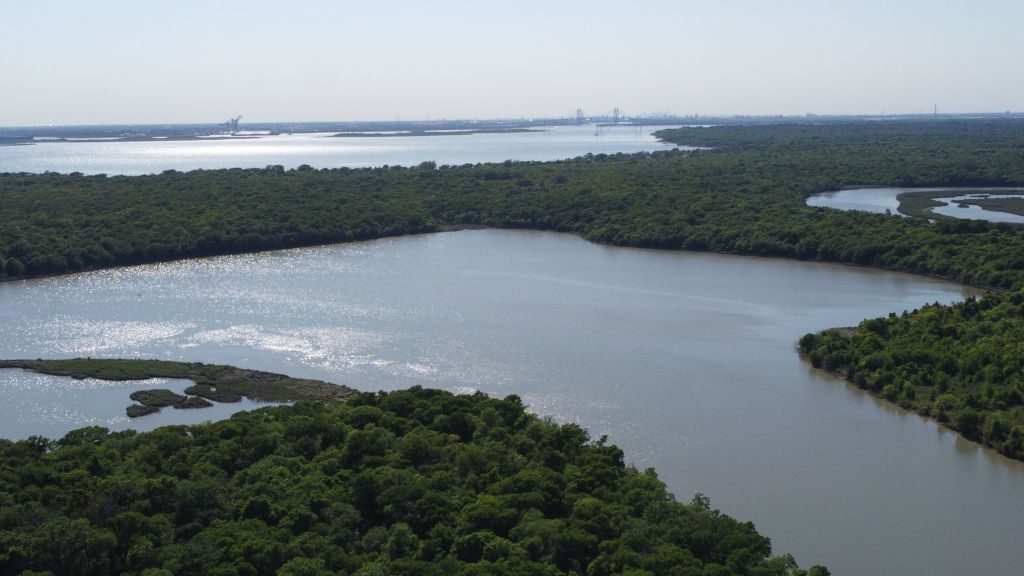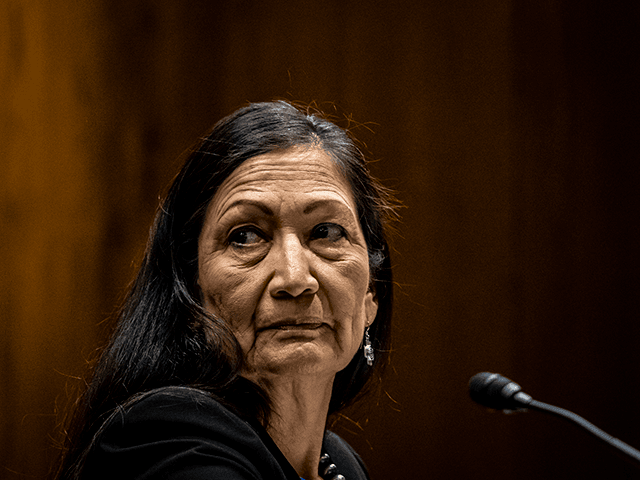A list of potential replacement names was released Tuesday for hundreds of geographic features across the U.S. facing deletion from the public domain because government officials deem them “derogatory.”
The word “squaw” is classified a pejorative term and is prominent amongst those proposed for disappearing from the federal vernacular during a public comment period that will run through late April.
U.S. Interior Secretary Deb Haaland in November formally declared the term derogatory and initiated a process to excise the word from use by the federal government and to replace other existing place names from geographic features in three dozen states, AP reports.
Haaland said bureaucrats aim to make the nation’s public lands and waters “accessible and welcoming to people of all backgrounds.” Her department will consult with several stakeholder groups, including tribal and Native Hawaiian organizations, academics and the public before recommending changes.
The move is part of a broader push to also change names in the built environment that might be found offensive by different groups.

The Sir Francis Drake hotel in San Francisco is being renamed over the British explorer’s historical links to the slave trade. After shuttering during the coronavirus pandemic, the 426-room hotel will now reopen as The Beacon Grand following renovation. (Justin Sullivan/Getty Images)
“Consideration of these replacements is a big step forward in our efforts to remove derogatory terms whose expiration dates are long overdue,” she said. “Throughout this process, broad engagement with tribes, stakeholders and the general public will help us advance our goals of equity and inclusion.”
Critics have said the word “squaw,” derived from the Algonquin language, may have once simply meant “woman,” but over time they say it morphed into a term used to disparage Indigenous women.
Two California lawmakers have already proposed removing it from all geographic features and place names in the state.

An aerial view of the Negrohead Lake in Baytown, Texas. Lakes, streams, peaks or valleys that still bear pejorative names for ethnic minorities face a vote by a federal committee which could officially rebaptize 16 Texas places whose names include the word “negro”, a once common description that many now see as outdated and offensive. (FRANCOIS PICARD/AFP via Getty Images)
Haaland’s agency wants a national effort and is planning three virtual meetings to consult with tribes in March and written comments will be accepted through April 24. The federal Board on Geographic Names will make the final decisions later this year. AP adds:
Under Haaland’s order, the first action by a task force made up of officials from several federal departments was to finalize a decision to replace a full spelling of the derogatory term with “sq—-” for all official related communications.
It also will be up to the task force to prioritize the list of replacement names and make recommendations to the Board on Geographic Names before it meets later this year.
As part of the process, the U.S. Geological Survey came up with five candidate names for each feature. The list includes more than 660 sites in New Mexico, Arizona, Nevada, California, Idaho and many other states.
The board also voted in 2008 to change the name of a prominent Phoenix mountain from Squaw Peak to Piestewa Peak to honor Army Spc. Lori Piestewa, the first Native American woman to die in combat while serving in the U.S. military.
Tuesday’s announcement is not the first time government has sought to change perceived history in the U.S. and act to change place names.
As Breitbart News reported, in 2016 then Washington State Senator Pramila Jayapal (D) sought to change what she and the state’s Department of Natural Resources described as ethnically and racially offensively named landmarks in Washington state.
The senator made them available for public comment, NBC reported.

COMMENTS
Please let us know if you're having issues with commenting.